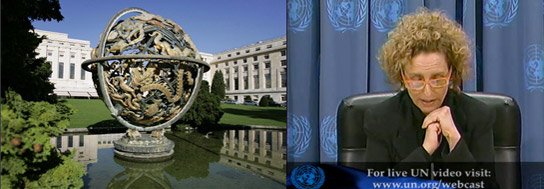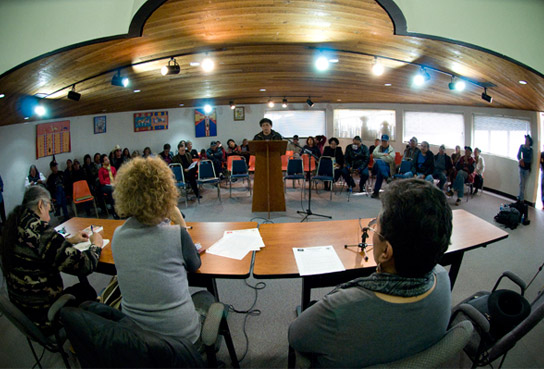A mechanism to examine, monitor and report on the right to housing across the world
The UN Special Rapporteur on Adequate Housing was created in 2000. The Rapporteur examines, monitors, advises and reports on the right to housing across the world, provides technical assistance to governments, promotes dialogue between residents and their governments to ensure better housing conditions and encourages dialogue between other UN bodies and relevant international organizations.
The Rapporteur is an expert appointed by the Human Rights Council. S/he exercises his/her work independently, is not a member of the UN staff and has a mandate of three years, with the possibility of one re-appointment. The Rapporteur’s work is not remunerated, but s/he receives support and assistance in the form of human and logistic resources from the High Commissioner for Human Rights in Geneva.
The Rapporteur is part of the so-called “Special Procedures” of the Human Rights Council, which gathers mechanisms adopted by the Council to monitor certain matters or countries. Currently, there are 30 thematic Rapporteurs and 8 for specific countries.
Rapporteurs do not represent the countries of their nationality and their independence is fundamental to ensure their impartiality.
The main activities of the Rapporteur on Adequate Housing are the following:
• to receive information on individual cases of violations against the right to adequate housing
• to request explanations from governments by means of urgent appeals and allegation letters
• to perform official missions to specific countries to investigate the status of the right to housing and present the respective report to the UN Human Rights Council
• to submit an annual report to the UN Human Rights Council, in Geneva, and one to the UN General Assembly, in New York, which addresses specific themes relating to the right to housing or specific reports on country missions performed by the Rapporteur.

